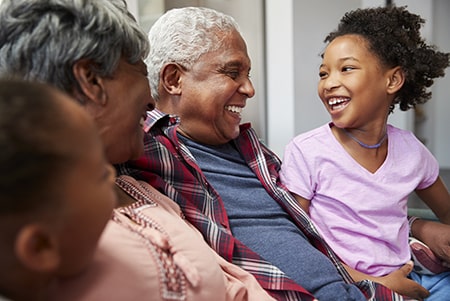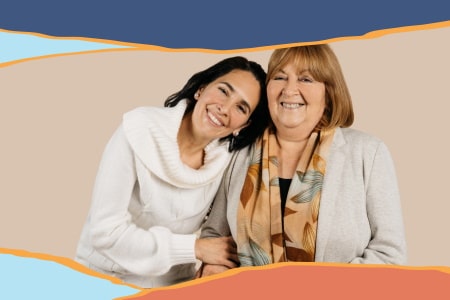Home & Community Based Services
Resources
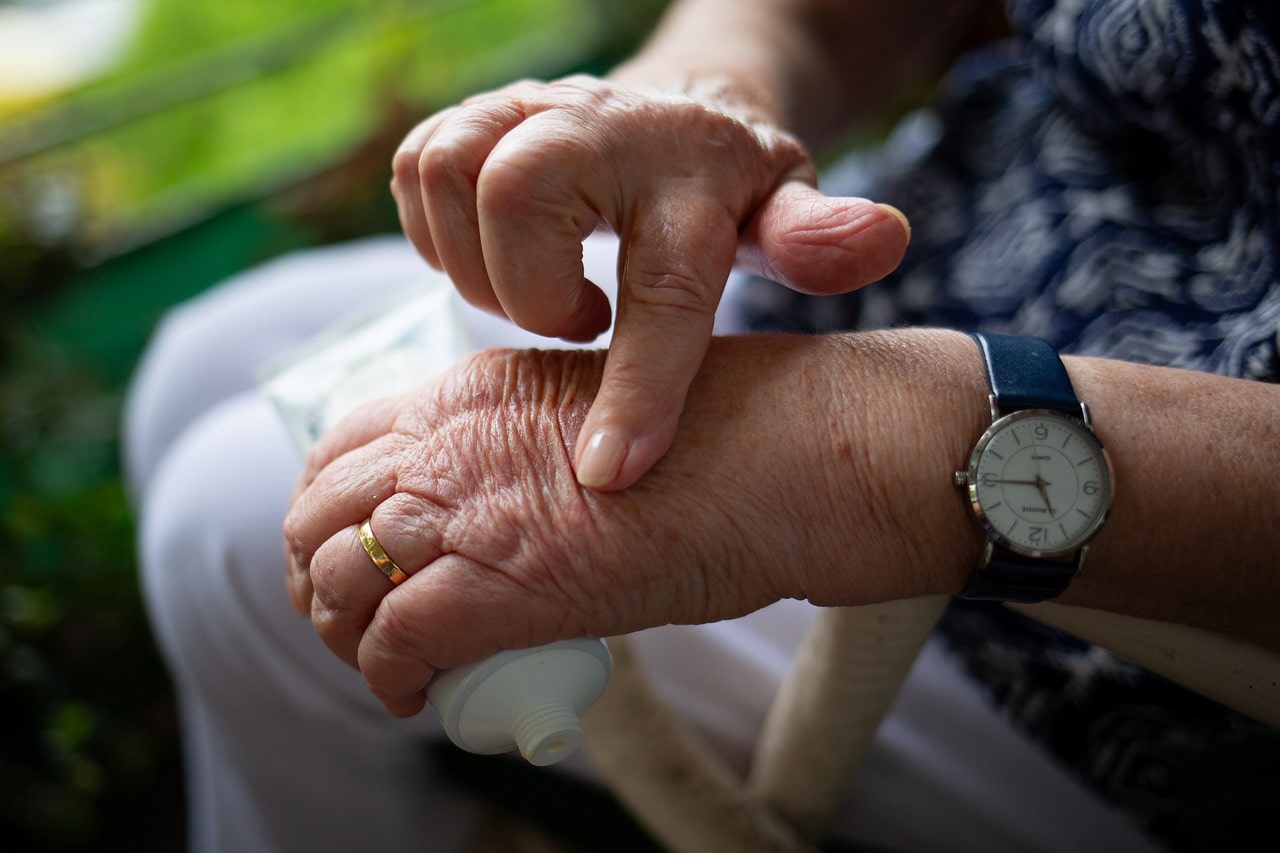
Living Well with Arthritis
According to the Arthritis Foundation, about 54 million adults have been diagnosed with arthritis. The first signs of arthritis usually begin around age 40 and progress slowly. Women over 50 are more likely to suffer from arthritis symptoms than men. Even dogs, cats and other animals can suffer from the pain of arthritis. Although there is no cure for this disease, there are a variety of techniques and remedies we can use to manage a loved one’s pain and help them maintain an active lifestyle.
Read More
Delirium with UTIs in Older Adults
Have you noticed a change in the behavior of an older adult you care for? Perhaps this change has taken place over the span of several days, and includes symptoms such as confusion, restlessness, hallucinations or social withdrawal? Before we jump to the conclusion that a loved one has the beginnings of dementia, we should have a physical exam performed by a physician. They instead might be suffering from delirium brought on by a urinary tract infection (UTI).
Read More
Sexually Transmitted Diseases in Older Adults
It may strike some as surprising, but the rates of sexually transmitted disease (STD) in older adults are rising. Older people who are sexually active may be at risk for diseases such as syphilis, gonorrhea, chlamydial infection, genital herpes, hepatitis B, genital warts and trichomoniasis.
Read More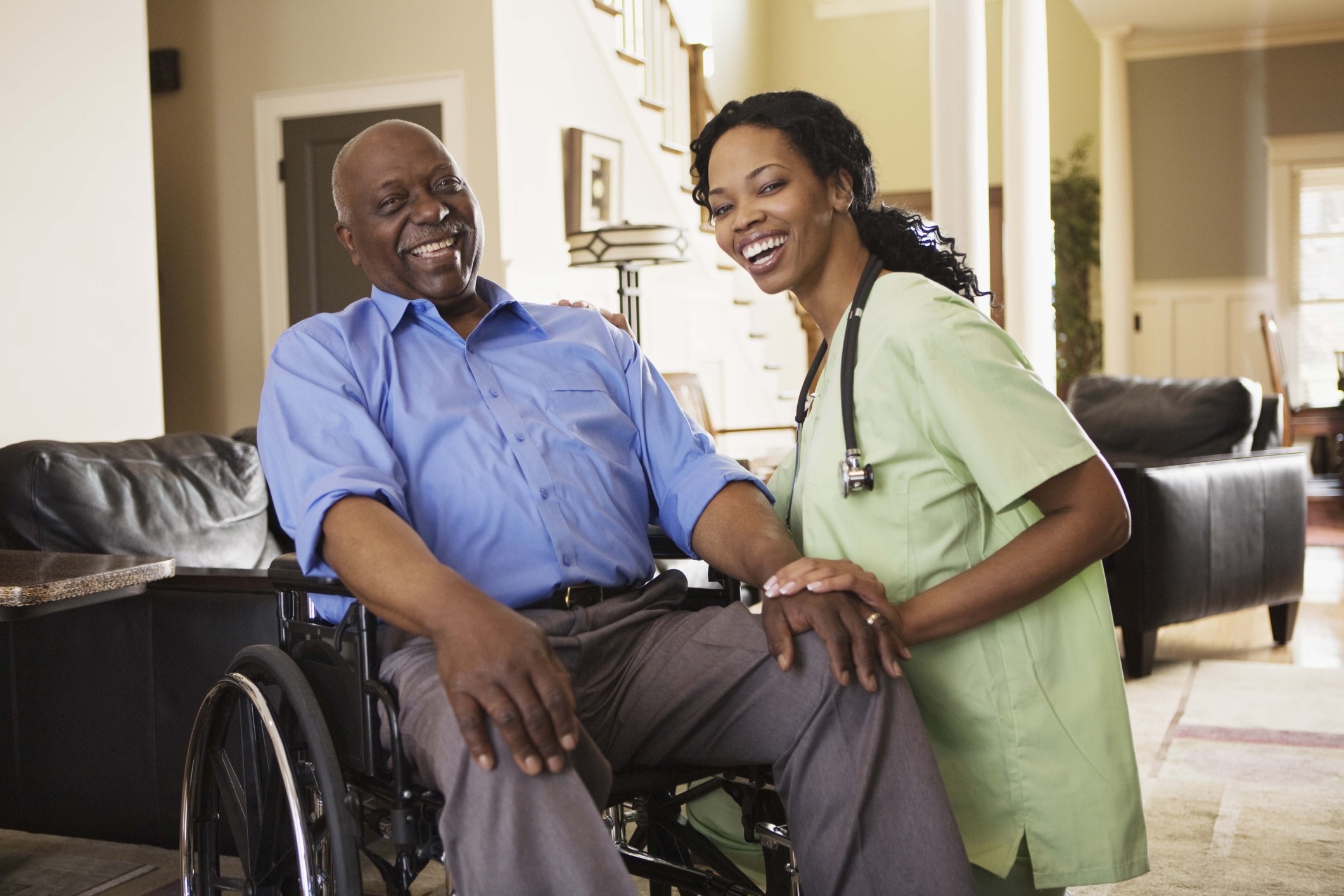
5 Tips for Preparing for a Doctor’s Visit
Doctor’s visits can oftentimes feel one-sided. We may schedule a visit with a physician to discuss an area of concern we have, or to receive a necessary treatment. However, the doctor may ask some questions, perform an exam, provide a diagnosis and write a prescription, leaving very limited time, if any, for us to ask our own sets of questions, or to discuss our areas of greatest importance. These days, it may feel like even less time is spent with our physicians than ever before, resulting in less engagement and even more unanswered questions. Because of this, preparing for each doctor’s visit is essential to ensure our questions are answered, concerns are addressed, and the best health decisions are made according to our needs.
Read More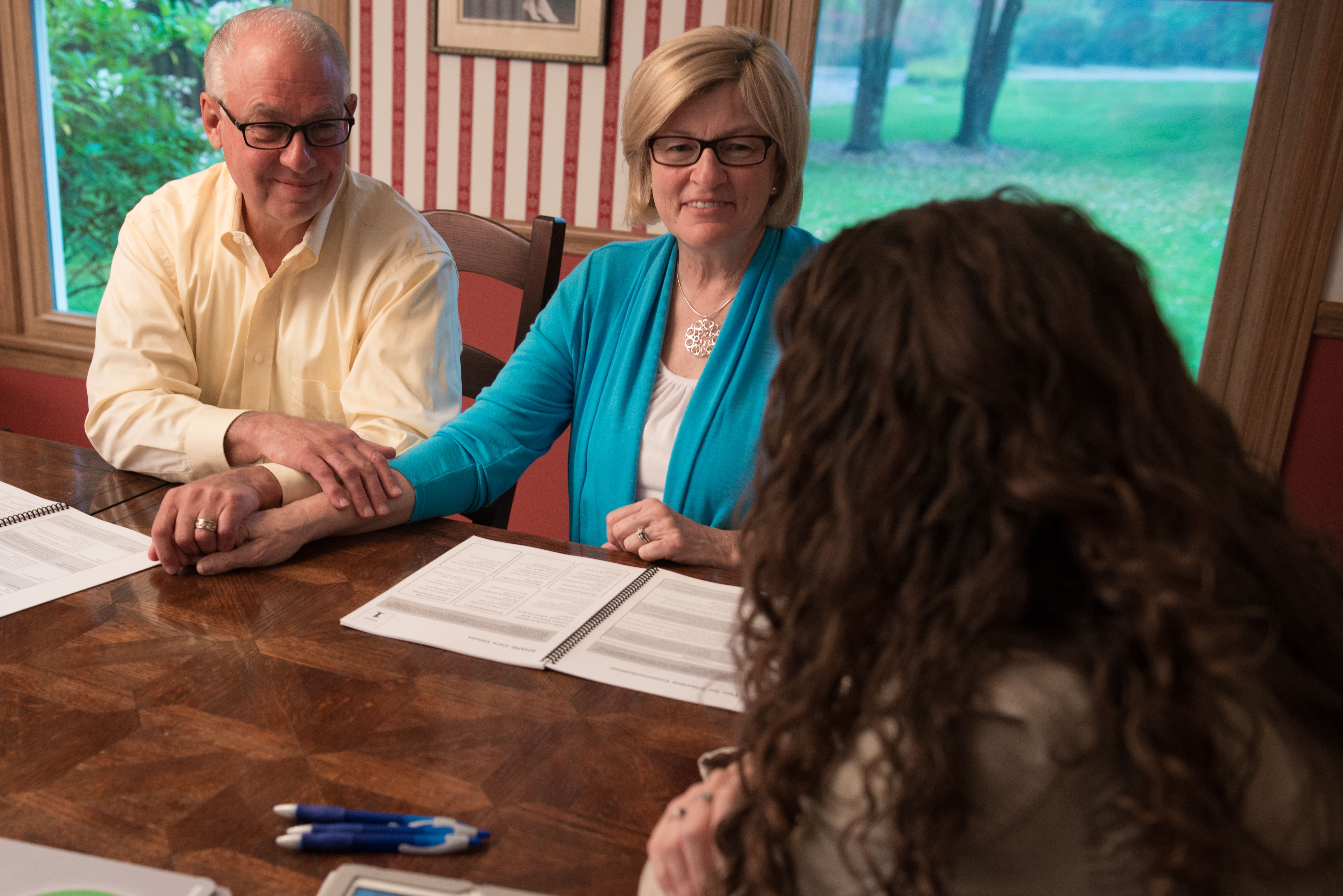
Planning for the Future after a Dementia Diagnosis: Why Working Together Is Important
If we are caring for a loved one who has recently been diagnosed with dementia or a related disorder such as Alzheimer’s Disease, it can feel devastating. Often, families avoid having discussions with their loved one about what the diagnosis could mean for their future out of fear. As the disease progresses over time, we may find ourselves as a caregiver in the position of making important care or health-related decisions for a loved one in a time of crisis, even if we have never previously discussed with our loved one what kind of care they would prefer. As a result, we may feel guilty about having to make decisions on our loved one’s behalf, without prior knowledge of their care values and preferences.
Read More
